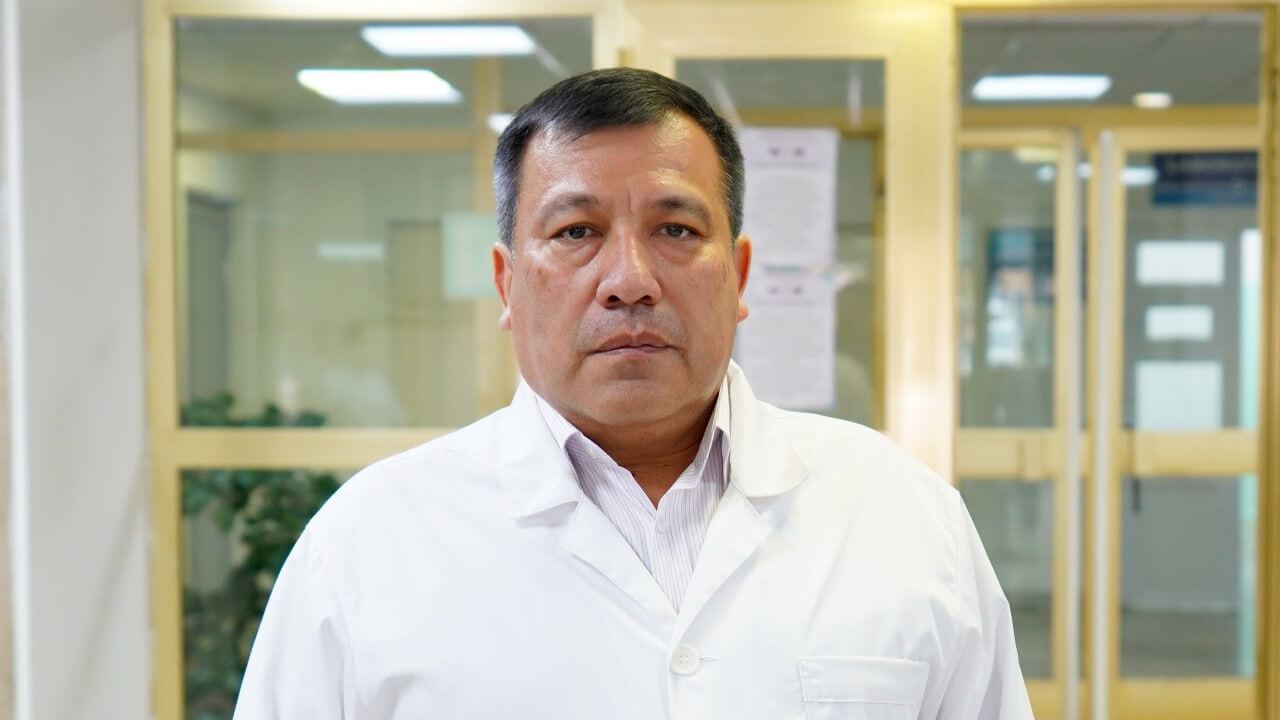Who should have blood tests, when, and what?

Blood is the most important liquid tissue in the human body, primarily consisting of small blood cells.
By analyzing the number, shape, and functions of these elements, it's possible to detect various inflammatory processes, anemia, cancers, immune system disorders, and conditions like thrombosis at early stages.
"Blood tests are an essential procedure for everyone to evaluate and monitor their health," said Professor Orifjon Aripov, Doctor of Medical Sciences, director of the Tashkent City Consultative-Diagnostic Medical Center, as quoted by the Ministry of Health press service.
"In particular, these tests enable early detection of infectious and chronic diseases, infections (such as viruses or bacteria), and dangerous diseases like diabetes, hepatitis, and HIV," he added.
These tests are also convenient for evaluating the functions of organs such as the kidneys, liver, heart, and thyroid gland, and measuring levels of essential nutrients such as iron, vitamins B12 and D. Additionally, blood tests help control blood pressure, blood sugar levels, and cholesterol, thereby facilitating the early detection and prevention of cardiovascular diseases.
Laboratory blood tests are also vital for evaluating medication effectiveness and observing their effects on the body.
Therefore, blood tests should be taken based on a doctor's recommendation through primary healthcare facilities. The Ministry of Health's treatment protocols recommend these laboratory tests specifically:
Healthy individuals (preventive purposes):
Should undergo the following essential blood tests once a year:
- Complete blood count (CBC);
- Blood biochemistry (liver, kidney, blood sugar, cholesterol, etc.);
- Blood sugar (glucose) levels;
- Cholesterol and lipid profile;
- Blood iron and hemoglobin levels;
- Vitamins D and B12 (if symptoms are present).
People with chronic diseases (e.g., diabetes, hypertension, heart diseases):
Should have blood tests 2–4 times annually or as recommended by their doctor.
Pregnant women:
During pregnancy, tests should be taken at least once every 3 months, sometimes monthly, as recommended by the doctor.
Older adults (over 50 years):
Should undergo comprehensive laboratory check-ups 1–2 times annually, as risk factors increase with age.
When specific symptoms appear:
It is recommended to immediately perform blood tests in the following situations:
- fatigue, nausea, sudden weight loss;
- pale or yellow skin;
- loss of appetite;
- fever;
- irregular heartbeat or shortness of breath. Read “Zamin” on Telegram!
Ctrl
Enter
Found a mistake?
Select the phrase and press Ctrl+Enter 





















